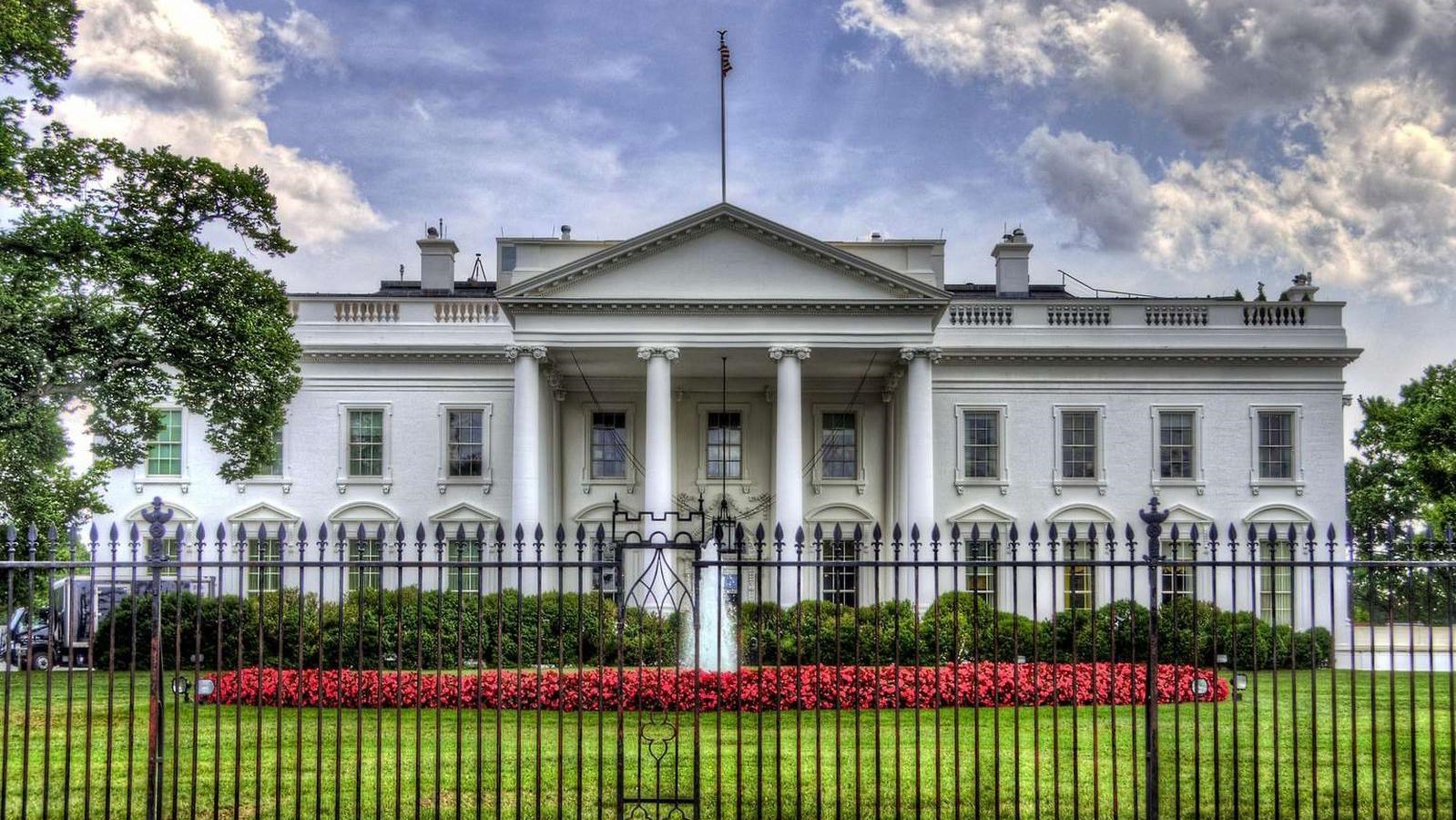Saint Lucia’s national swimming contingent made waves at the Aquatics Sports Association of Trinidad & Tobago (ASATT) Invitational, securing an extraordinary tally of 15 medals during the four-day championship held December 11-14 at Couva’s National Aquatic Centre. The six-member squad demonstrated exceptional prowess by capturing nine gold medals alongside multiple silver and bronze awards while establishing one new national record, two age-group records, and a meet record.
Emerging as the tournament’s standout performer, Sapphire Parks of Sea Jays Swimming Club dominated the 11-12 age category despite entering only nine events. The phenomenal athlete claimed seven gold and two silver medals, culminating her remarkable year by shattering a senior national record and three age-group benchmarks. Parks notably surpassed her own previous performances in two events while eclipsing longstanding records in others.
Her most significant achievement came in the women’s 200m individual medley, where she clocked 2:38.22 to break Fayth Jeffrey’s CARIFTA 2024 record of 2:38.88. Parks also demolished her own age-group mark of 2:39.73, simultaneously establishing her first senior national record. The swimming prodigy further demonstrated her versatility by improving her 200m butterfly time from 2:39.04 to 2:36.97 and conquering the 200m breaststroke with 2:56.93, surpassing Danielle Beaubrun’s 2003 record of 2:57.56. Parks additionally set a new meet record in the 50m butterfly.
Team support came from Aniyah George, who placed tenth in the 11-12 girls category and secured bronze in the 200m backstroke—an event where Parks took gold. Jayden Xu contributed significantly in the 13-14 boys’ division, earning two gold medals (200m backstroke and 100m backstroke) and two silver medals to finish ninth overall. Teammates Noah Dorville (16th overall, bronze in 100m freestyle) and Tyler Dantes rounded out the impressive team performance.
Team manager Denise Parks emphasized the meet’s competitive nature, noting: ‘The ASATT meet is highly competitive. The team came with the goal of achieving long-course CARIFTA times and to better their long-course times, which they did. I’m super proud of them.’ Sea Jays ultimately placed twelfth overall among 200 competitors from Trinidad & Tobago and across the Caribbean region.









